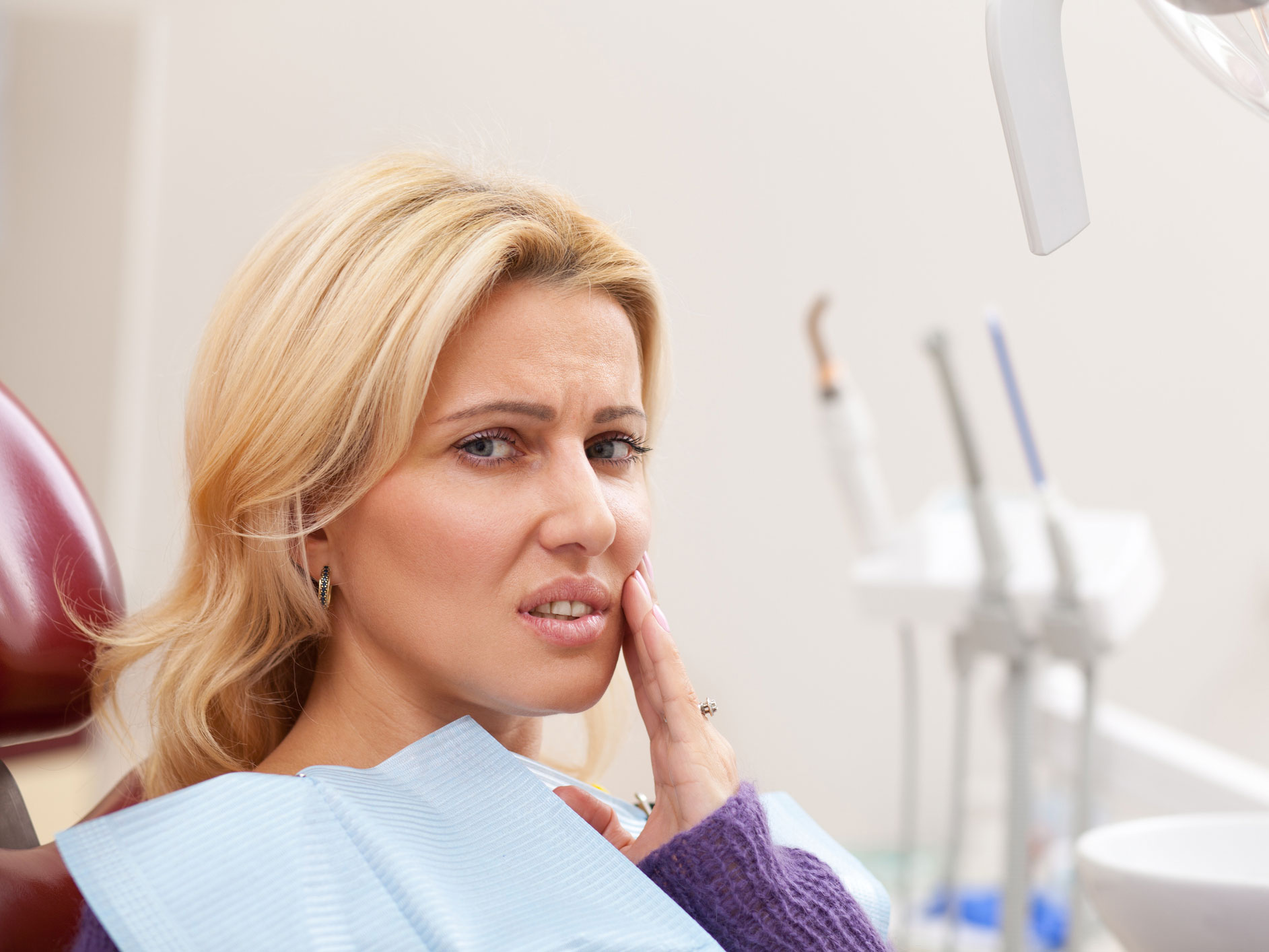Get Easy Health Digest™ in your inbox and don’t miss a thing when you subscribe today. Plus, get the free bonus report, Mother Nature’s Tips, Tricks and Remedies for Cholesterol, Blood Pressure & Blood Sugar as my way of saying welcome to the community!
The painful reason not to fill an opioid prescription from your dentist

If you’ve ever had a toothache, you know that it’s intense. In fact, many people think it’s one of the most excruciating types of pain you can experience. Why is tooth pain so severe?
Well, your mouth is linked to your trigeminal nerve, the largest of your body’s 12 cranial nerves. This nerve alone can cause intense pain in people. But each tooth also has its own nerve, and these nerves are sensitive to a variety of factors, like hot, cold, touch — let alone damage or decay.
These individual nerves are closely tied to that trigeminal nerve, creating an intricately connected nerve network that makes the potential for nerve pain in your mouth immense.
It’s no surprise then that opioid pain relievers are often prescribed for people getting serious dental work. In fact, one study found that dentists in the United States wrote as many as 11.4 million opioid prescriptions in a single year.
Of course, there are obvious problems with prescribing this many opioids for tooth pain — the biggest being the potential for addiction and side effects. But beyond these two problems with opioids in dentistry, there’s one more big one…
They make dental pain worse.
Opioids don’t make dental pain better…
A new study from researchers at the University of Michigan shows that people who receive opioid prescriptions after a dental extraction experience worse pain.
The study included 325 people who had teeth pulled. Researchers asked them to rate their pain levels within six months of their extraction.
Related: The 4 best supplements for oral health
People who received opioids for pain management reported worse pain (whether they had a surgical extraction or a routine extraction) than people who received other forms of pain management. Interestingly enough, people who received non-opioid forms of pain management were also just as satisfied with their customer experience as people who received opioids.
This second part is important because dentists often feel like they have to prescribe opioids to keep patients satisfied. After all, who wants to go back to a dentist who leaves you writhing in pain? But based on this study, dentists can turn to other pain-killing methods without worrying that they’re leaving their patients in the lurch pain-wise.
Does this mean dentists should stop prescribing opioids?
Quite possibly. A lot of medical experts agree that the benefits of opioids in dentistry don’t outweigh the humongous risks. Did you know, for example, that dentists are one of the most common opioid prescribers for minors? And that opioid prescriptions are many people’s first exposure to opioids? So, these prescriptions are a gateway to addiction for many people.
Other dental pain-relief options
Beyond the risk of addiction, opioids come with a long list of side effects you’d probably rather avoid, like dizziness, nausea, vomiting, itchiness, sweating, constipation and respiratory depression. So, what can you ask for instead of opioids?
Research shows that nonsteroidal anti-inflammatory drugs (NSAIDs) are more effective at reducing dental pain than opioids, and they’re far less dangerous and addictive.
You can purchase many NSAIDs (like aspirin, ibuprofen and naproxen sodium) over the counter. But if you’re having major dental work done, your dentists will likely prescribe a higher dose. Acetaminophen is also an option for people who are allergic to NSAIDs.
If you’re looking for other natural ways to relieve tooth pain, here are a few suggestions:
- Drink peppermint tea. Research shows peppermint tea contains antibacterial and anti-inflammatory compounds. It also contains menthol, which acts as a numbing agent. If you have a toothache, you can swish peppermint tea around in your mouth or suck on a peppermint tea bag.
- Suck on a clove. This is an old-school toothache remedy that people have used for centuries… probably because it works. Cloves contain a compound called eugenol, which can reduce pain and provide a numbing effect. In fact, in a 2015 study, people who applied eugenol to their gum and tooth socket after an extraction had less pain and inflammation.
- Rinse your mouth with saltwater. This is another toothache remedy that’s been around for a while. Saltwater has antibacterial properties, so it can reduce the bacteria in your mouth that could be contributing to your pain. It also has an anti-inflammatory effect.
Editor’s note: Did you know that when you take your body from acid to alkaline you can boost your energy, lose weight, soothe digestion, avoid illness and achieve wellness? Click here to discover The Alkaline Secret to Ultimate Vitality and revive your life today!
Sources:
- Why God Why: The Science of a Toothache — Vice
- Patients prescribed opioids after tooth extraction report worse pain — MedicalXpress
- Association of Opioid Use With Pain and Satisfaction After Dental Extraction — JAMA Network Open
- How to get rid of a toothache at night — Medical News Today
- Trigeminal Nerve Overview — Healthline
- Oral Analgesics for Acute Dental Pain — American Dental Association
- Dentists’ Current and Optimal Opioid Prescribing Practices: A Proactive Review — Missouri Medicine













